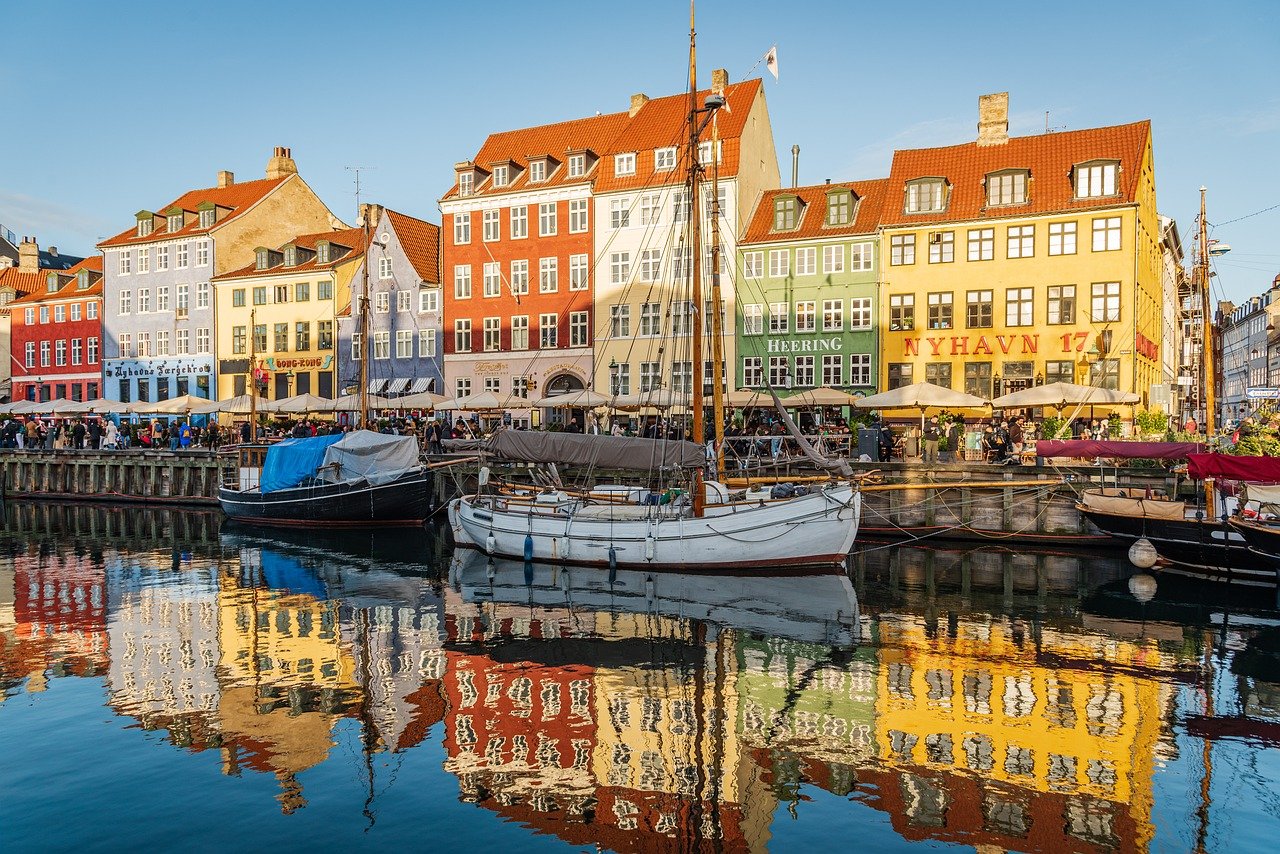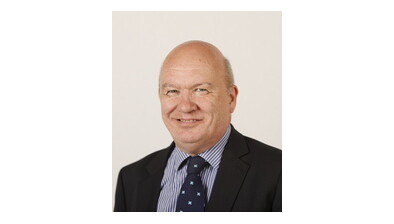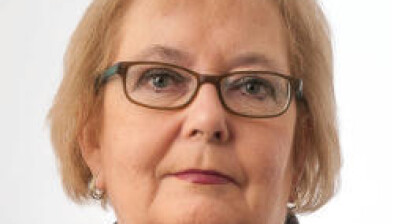Danish ownership model ‘could help address Scotland’s housing crisis’

A motion for Scotland to adopt a Danish housing model that represents a halfway house between renting and owning has reportedly been added to a draft agenda at the upcoming SNP conference in the hope of it being adopted as national policy.
According to The Herald, a motion going to the political party’s national conference in Edinburgh, between the 30th of this month and September 1 - is calling for delegates to “take inspiration from models such as Denmark’s Andelsboliger”.
Under the Andelsboliger system, a person buys a share in the co-op, entitling him or her to live in one of the apartments in the development.
When the owners decide to leave, they either sell on to somebody on the co-op’s waiting list, or to someone they know in the event that no one is on the waiting for the flat.
However, unlike the free market where any price increases go straight to the vendor’s pocket, co-op dwellers cannot set their own asking price.
Instead, the price is set as a percentage of the value of the entire development and takes account of any outstanding debts the building may have. Vendors are also compensated for substantial improvements, such as a new kitchen or bathroom.
The resolution, submitted by the party’s London branch for debate at the event, notes with concern that almost 10,000 children are living in temporary accommodation and 110,000 households on the waiting list for affordable social housing.
It states that the situation “is not unique to Scotland, and that pursuing a developer-led model of house-building has resulted in land banking, restricted housing supply and subsequent price inflation”.
And it adds that “every individual has the right to safe and secure housing, as outlined in the Universal Declaration of Human Rights” and that having safe, secure, sustainable and affordable accommodation also leads to community, social and health benefits for individuals and their households.
“Conference notes with interest the examples of other countries such as Denmark, where social cooperative housing is far more prevalent than in Scotland,” it says.
“Conference, therefore, calls for the development of a community-led housing model to help address the current housing crisis, taking inspiration from models such as Denmark’s Andelsboliger and adapting best practice to meet the housing needs of the people of Scotland.”
Housing is said to feature significantly on the SNP’s draft agenda, which has yet to be made public, with another resolution calling for the party to see the matter as a “common good.”
The motion submitted by the party’s West Fife and Coastal Villages branch calls for the Scottish Government to introduce a “Supplementary Land Tax” which would be imposed on people who own more than one acre of land, with the revenue generated to finance a Housing Land Corporation which would be owned jointly by Scottish councils and deliver more affordable homes.
The corporation’s aims would include increasing the stock of available, warm, secure, affordable homes for social rent, by up to 50,000 per annum, by 2030 – acquiring and retro-fitting existing properties to increase the availability of housing.
It would also include creating a range of standardised plans, sympathetic to the diverse character of Scottish communities, to help speed up housing development; helping people who want to build their own home to do so using a similar model to that used in Germany, and ensuring that rural communities are revived and centuries of depopulation reversed as a priority.
Crofters and those using their land exclusively for agriculture would be exempt from the tax.
The motion notes that establishing a Housing Land Corporation (HLC) was a recommendation the party’s Social Justice and Fairness Commission and adopted as party policy in 2021.








